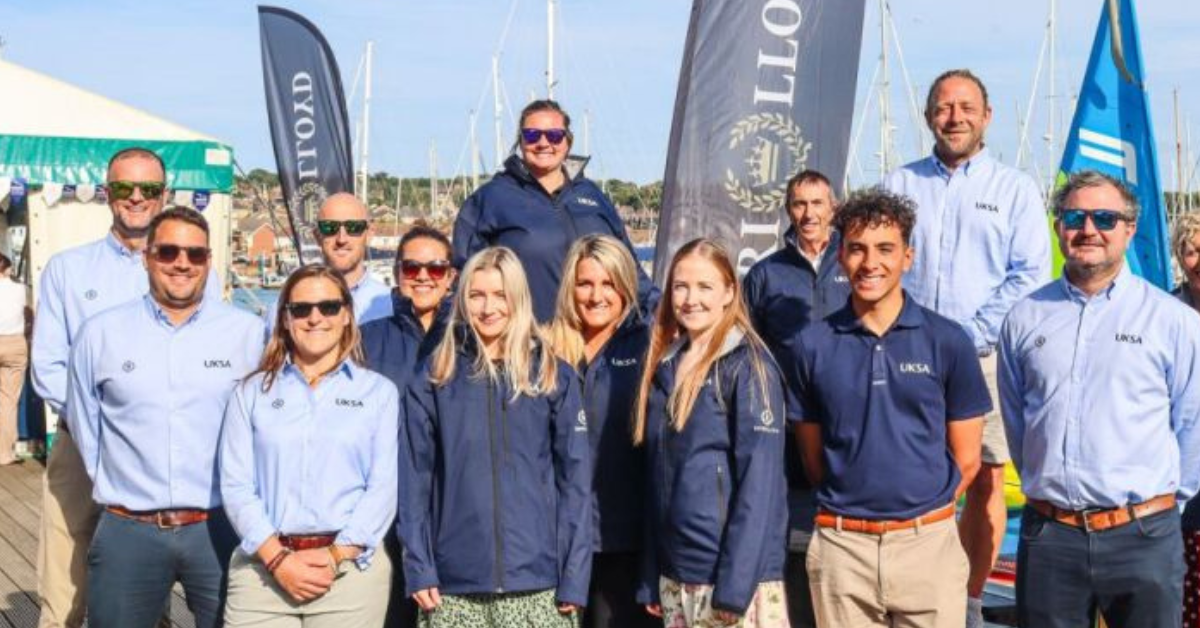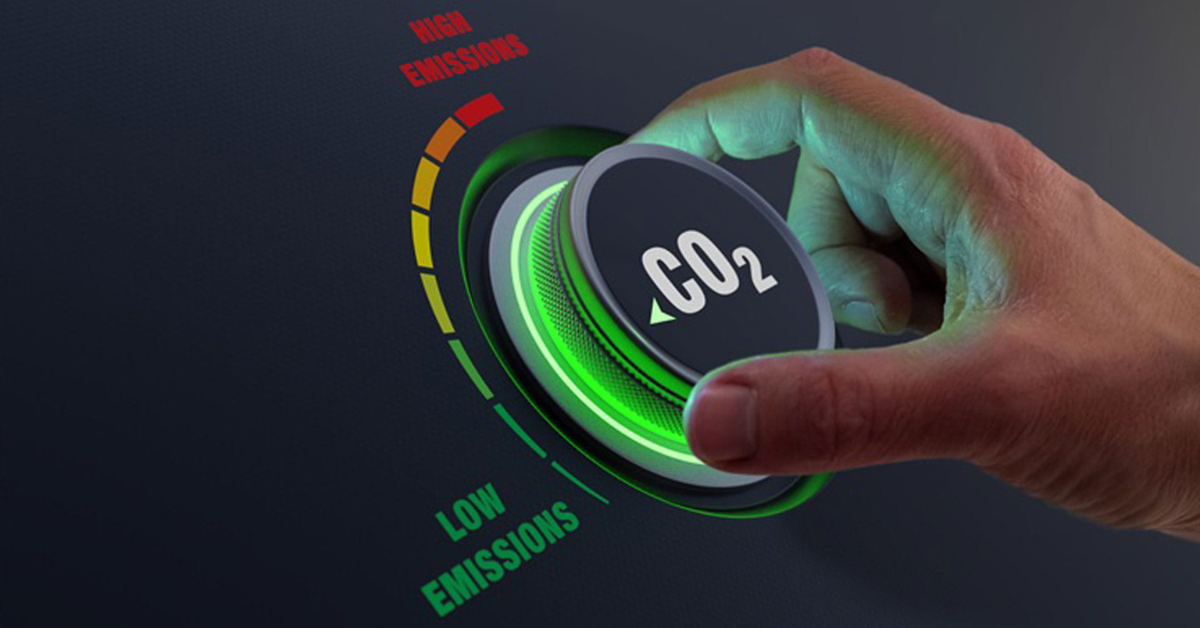.png?h=628&iar=0&w=1200)
By Carol Fulford, Marina World
The global marina market is experiencing significant growth, with projected expansion from US$18.89 billion in 2023 to an estimated US$24.22 billion by 2028 according to market research information released by researchmarkets.com. The research points to various key drivers, including economic prosperity in coastal regions, the increasing popularity of boating, and sustainable marina initiatives that sit well with eco-aware customers.
Sustainable marina initiatives encompass wide-ranging environmental, social and economic goals. For example, to sustain (i.e. to maintain and retain) marinas means catering for customers’ needs and giving them the best possible experiences; remaining economically profitable and bolstering the economic success of the local community; and protecting the environment by selecting appropriate materials for infrastructure, reducing the risk of pollutants, minimising waste of resources etc.
Design and materials
Quality marina infrastructure, such as docks and pontoons, has long had a fairly lengthy life expectancy. Although nothing can be totally future-proofed, marina owners are now building, extending or refurbishing using well-tested materials that are often recyclable, paying increased attention to building systems that can better withstand severe weather incidents, that adapt to water level rise and fall, and can be cost-effectively reconfigured to suit changes in demand for specific berth sizes.
Severe weather – especially hurricanes – often triggers new thinking when it comes to rebuilds, with marinas exceeding code requirements in many cases. Owners of Zeke’s Landing in Alabama, USA, for example, rebuilt with extra large pilings, an improved drainage system, triple-walled fuel tanks, and more, after being devastated by Hurricane Sally so as to ‘future-proof’ and actually extend the marina’s operating season.
High aspirations in terms of design for newbuild marinas have to be balanced with sustainable principles. Sustainable design is nothing other than “good design” insists Esteban Biondi of US-based ATM and enhances value, reduces risk, and reduces cost on multiple time and spatial scales.
Energy and water
Marinas place ongoing emphasis on re-using water, maintaining pollution-free water, adopting alternative energy systems, recycling waste and playing a role in the search for sustainable marine fuels. Smart technology is being used to give operators and customers optimum control of water and power so as to ensure minimum waste.
There are countless examples. Marina di Pesca in Abruzzo, one of 12 Italian marinas to take part in Porto Sostenibile accreditation run by Italian trade association Assonat, installed a reverse osmosis water maker and new digitised electricity pedestals to reduce the cost of its power and water by 45%, and eliminate indiscriminate consumption. In 2023, D-Marin made a €1.7 million investment in green energy by installing solar panels in Turkey and Croatia, covering 71% of its energy consumption across five marinas – the equivalent of the annual consumption of 1,345 households.
Sustainable marine fuel supply at marinas has been dominated by the installation of electric charging stations in recent years and, although demand varies from place to place, significant networks are developing. An alternative option has also been announced by NatPower H (Italy) and Zaha Hadid Architects (UK) with its world-first network of green hydrogen for refuelling recreational boats. The first 25 installations of strikingly designed fuel stations are underway in Italian marinas and ports and the goal is to reach 100 in the Mediterranean before going global. When established, the 100 stations will supply up to 3,650 tonnes of green hydrogen every year thus eliminating around 45,000 tonnes of greenhouse gas emissions from vessels.
Marinas are also exploring drop-in fuels (synthetic liquids such as biodiesel and hydrogenated vegetable oil) which, in addition to electric charge points, will radically change the scope of the traditional fuel dock.
People power
The most significant thing that marinas, like any other businesses, need to sustain is a customer base, and “hassle-free” boating has become the watchword. Smart marina apps give customers direct control over the energy they are using in real time and easy ways to pay for goods and services. This streamlines the boating experience for them, and ensures the marina benefits from accurate billing and timely payments. The apps can also be used to promote local services, tourism highlights, restaurants, hotels etc., and thus become a valuable marketing tool for the local area.
There have been few messages delivered more strongly from the sector in recent years than the need for marinas to integrate with local communities. Sometimes, as part of waterfront regeneration projects, marinas have become gateways to water that was previously closed off to the public for years and have helped to reconnect urban and coastal spaces. Sustaining this gateway is crucial to retaining customers, and great focus continues on landside infrastructure – such as restaurants, bars and sports/leisure facilities – to cement destination appeal.
The popularity of floating infrastructure - guest houses, swimming pools, amenity blocks, restaurants, and more – is also on an upward trend as a sustainable solution to offering more where space is restricted. Such structures are often autonomous in terms of water and energy, have minimal environmental impact in situ and can be relocated if needed.
Sustaining the popularity of boating, and the growth this brings, is also about offering choice and, in sustainability terms, boat share delivers like nothing else. Multiple users benefit from a single boat (just one boat to maintain and repair) that occupies just one berth. More affordable than boat ownership, boat share appeals to a broader economic demographic and is seen as eco-friendly.
Boat clubs bring regular, guaranteed income to marinas and are on an upward trend. Agapi Boat Club joined with Axopar early this year to unveil a new membership club AxA, offering access to boats in 25 marinas across ten countries in Europe, Central and South America. Pioneering club Freedom Boat Club (FBC) also branched out and most recently added to its locations in Sydney Harbour, Australia.
There are significant financial advantages in having a Boat Club on a marina site and FBC sees a trend towards the marina being seen as a stand-alone destination. “People want to be more responsible and sustainability is important to them,” said Arturo Gutierrez, general manager (EMEA) for FBC at the 2023 ICOMIA World Marinas Conference in Vilamoura, Portugal. “They are also enjoying having a personalised experience on the water,” he added.
Image caption:
NatPower H’s dramatic hydrogen refuelling stations are being installed in marinas in Italy and beyond. CGI: Tecma Solutions


